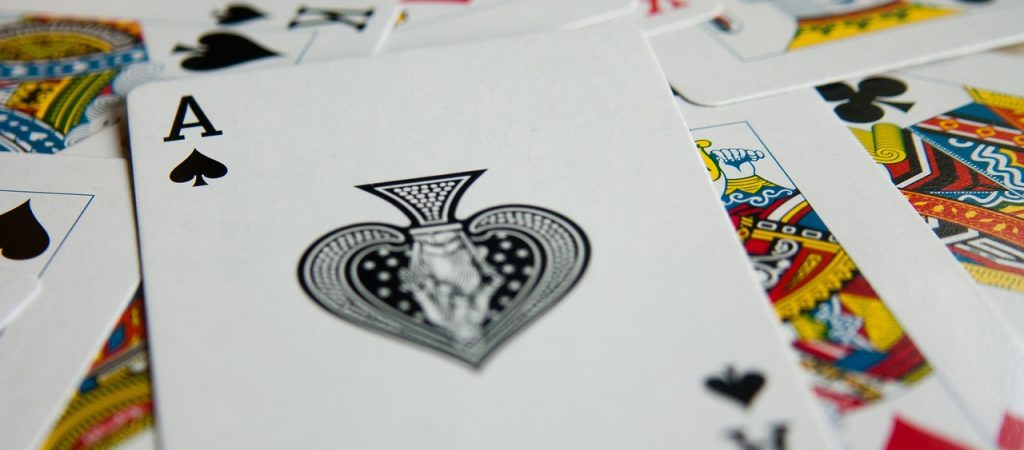
“…people look at blindness in particular as probably a more terrifying disability. And because they perceive it like that, I don’t want them seeing me like that because I don’t consider myself disabled. I do not think I would have achieved what I have achieved if I would not have lost my sight.” -Richard Turner from the documentary Dealt
We are completely captivated by the mesmerizing skill and enigma that is Richard Turner. He is not just the best contemporary card mechanic but a magician whose talent defies belief. I first encountered his story and the documentary Dealt on The Tim Ferriss Show podcast, a show I followed for the past few years. In a house where card decks are strewn everywhere, there lives a man who practices his craft for an unimaginable 16 hours a day. He literally and figuratively plays with the cards he is dealt with. The documentary is peppered with clips of his performances that leave you breathless, craving for more. Turner is also a taekwondo black belt and a fitness fanatic. But what truly defies all odds is that Richard is blind.
In the documentary, we witness moments of profound intimacy and revelation. His son, Asa, vividly describes St. Louis’ iconic Gateway Arch to his father. We see his wife and son guiding him through each day. Yet, as I watched, a disquiet grew within me. The constant reference from interviewees that Richard does not want to be perceived like other blind people troubled me. It unintentionally casts other blind individuals as less capable, as if they are confined to a single category of non-risk takers and non-achievers. This undercurrent runs through the film even as it explores the complex dimensions of identity and acceptance.
The contrast between Richard and his sister, Lori, who also lost her sight in childhood, is striking. Lori embraces independence, uses a service animal, and adopts accessible technology. Richard, on the other hand, shuns anything that would label him as blind, even at the cost of relying on others. Lori’s resilience shines through when her husband can no longer care for her, while Richard’s moment of reckoning arrives when his son leaves for college, forcing him to lean on his wife for everything. This stark dichotomy raises a powerful question: why is using a cane or a service animal seen as a sign of weakness compared to depending on others?
In a poignant scene toward the end, a blind girl asks Richard if he knows braille. When he admits he doesn’t and learns that she does, he humbly replies that he wasn’t as smart as she is. It’s a moment that underscores how far acceptance and resources have come. A mother of a deaf adult once confided in me that, given the chance, she would teach her son ASL, English, and her native language. Back then, the advice was to focus on one language. Today, we have unprecedented access, awareness, and opportunities to learn and grow.
We are at the dawn of a new era, with so much more to explore and achieve. The story of Richard Turner is a testament to the boundless potential of the human spirit and a reminder of the complexities and nuances of identity and acceptance.